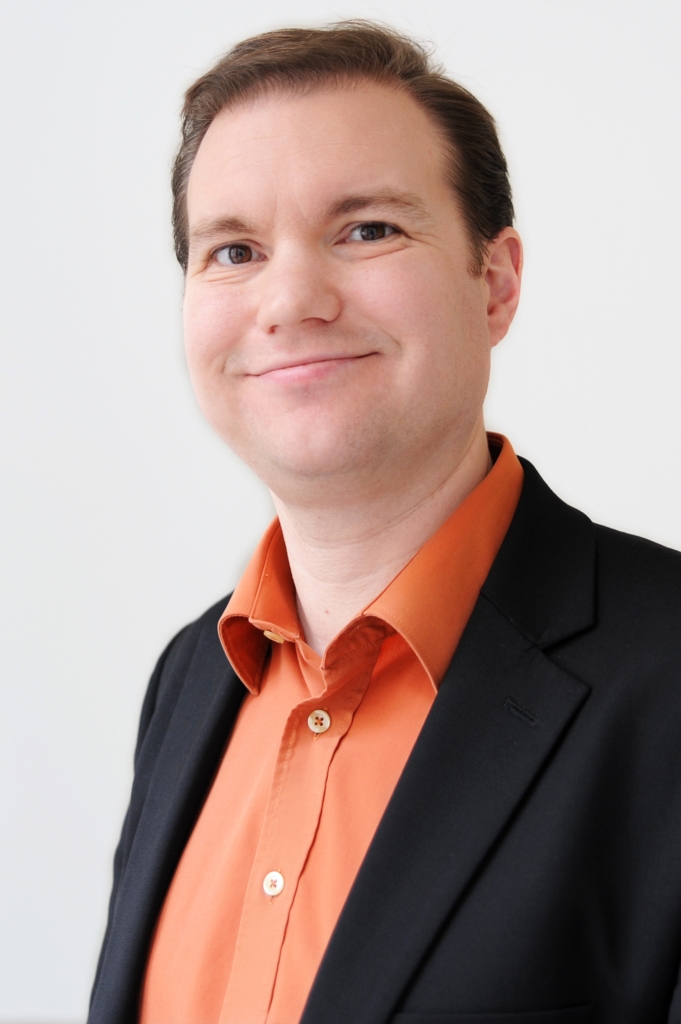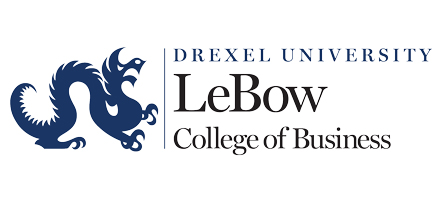
HEC Paris. Photo by Biais Jean Marc
Directors at HEC Paris believe the profile of an executive MBA candidate is changing — and to meet the needs of what they see as a new kind of student, the school plans to implement a number of changes this fall.
Once, the typical EMBA student was about 39 years old, male, with 12-15 years of professional experience. But Nathalie Lugagne, associate dean for executive education, says HEC’s executive program has seen a much more diversified population recently: more international students and more women, and significantly, more students who are either self-employed or wishing to change careers.
In the past, Lugagne says, most executive students were sponsored by companies, where they hoped to move up the executive ladder. The new EMBA students, conversely, “want something that is really relevant for them,” she says. “They want to change industry, or they want to create their own company. Some want something immediately relevant to their own projects. That means customization.”
A NEW KIND OF EXECUTIVE MBA

Phil Waknell. Courtesy photo
Phil Waknell, who graduated from the HEC Paris executive program in 2010, exemplifies the way student profiles are changing. It didn’t start that way. Waknell originally intended to follow a traditional executive MBA route, choosing HEC Paris to gain an academic grounding to augment the business experience he already had and, hopefully, take on a more senior role at his company.
“What I did not expect was that the course would go beyond that expectation and give me the desire to start a company, which was not at all on my radar screen before,” he says.
Waknell is now the founder and “chief inspiration officer” at Ideas on Stage, a presentation design company.
“What has impressed me the most … is the way in which the course has evolved and improved since I completed it in 2010, and the way in which the faculty has adapted the course to fit the changing participant demographics,” Waknell says. “The course already had a strong entrepreneurship component, and I certainly encourage HEC to build on this, given the number of alumni who end up starting or buying businesses, or acting as intrapreneurs within their companies.”
MORE EMPHASIS ON CAREER DEVELOPMENT
Lugagne says HEC Paris decided to revamp its executive program about two years ago. They spent six months gathering feedback from applicants, clients, faculty, and alumni, and in summer 2015 they started designing the new curriculum. The next year was spent fine-tuning the program and digitizing its content. Now the changes will go into effect all at once — namely a new focus on entrepreneurship, dedicated career support, and increased digital capacity.
Entrepreneurship is not a new focus at HEC, but the program will now have more options for students interested in it, Lugagne says.
“We have noticed for a quite a long time that entrepreneurship and innovation was really, by and large, a major concern of our participants,” she says. “It covers a lot — from starting your own business to innovating within your company.”
An increased interest in entrepreneurship goes hand in hand with a need for career services. “We have always offered workshops,” Lugagne says. “But because of this new profile of participants, we have more in transition and fewer sponsored by companies. So we’ll put more emphasis on their career development.”




